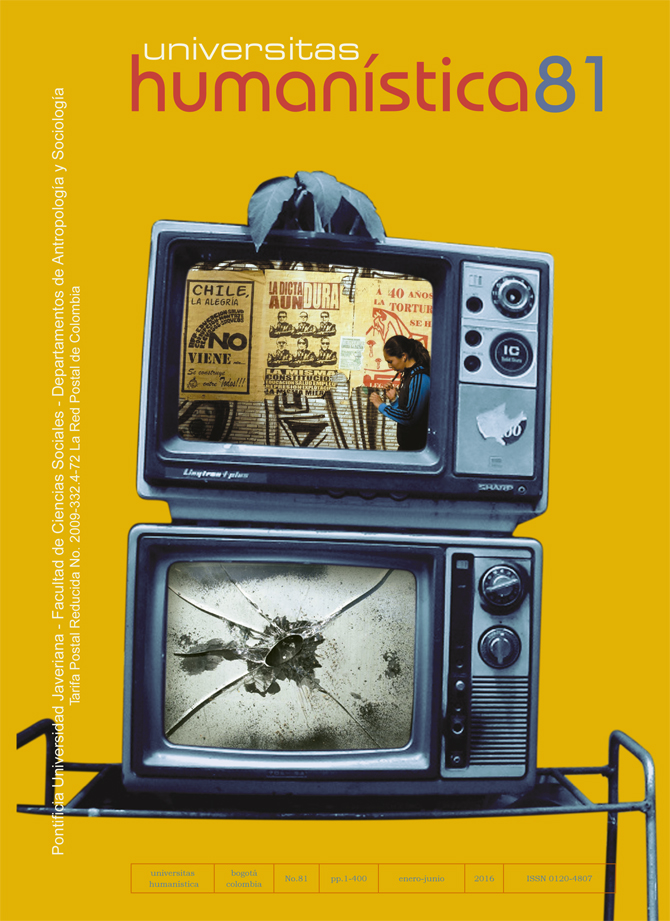Abstract
The article discusses the apparent opposition between the applied and academic research in the social sciences in order to provide elements for the articulation of these two fields as complementary exercises. Although these two ways of approaching knowledge and social intervention determine different professional fields for anthropologists, sociologists and historians, these forms of research are not really opposed. First, the article attempts to show that the arguments which support the differences are not the most interesting and relevant. Second, assumptions and methods of classification of social research are discussed showing that the boundaries are not so clear and that there are multiple positioning possibilities for researchers. Finally, the article attempts to identify some differences that make complementary the transformation functions of applied research and the social understanding of the academic research.
This journal provides immediate open access to its content on the principle that making research freely available to the public, encourages greater global exchange of knowledge.
The journal Universitas Humanística is registered under a Creative Commons Attribution 4.0 International Public License. Thus, this work may be reproduced, distributed, and publicly shared in digital format, as long as the names of the authors and Pontificia Universidad Javeriana are acknowledged. Others are allowed to quote, adapt, transform, auto-archive, republish, and create based on this material, for any purpose (even commercial ones), provided the authorship is duly acknowledged, a link to the original work is provided, and it is specified if changes have been made. Pontificia Universidad Javeriana does not hold the rights of published works and the authors are solely responsible for the contents of their works; they keep the moral, intellectual, privacy, and publicity rights.
Approving the intervention of the work (review, copy-editing, translation, layout) and the following outreach, are granted through an use license and not through an assignment of rights. This means the journal and Pontificia Universidad Javeriana cannot be held responsible for any ethical malpractice by the authors. As a consequence of the protection granted by the use license, the journal is not required to publish recantations or modify information already published, unless the errata stems from the editorial management process. Publishing contents in this journal does not generate royalties for contributors.


